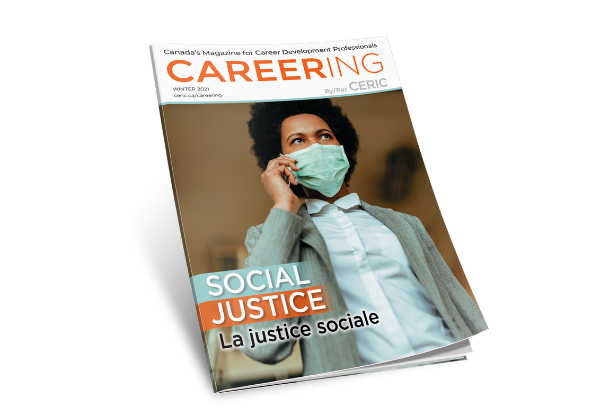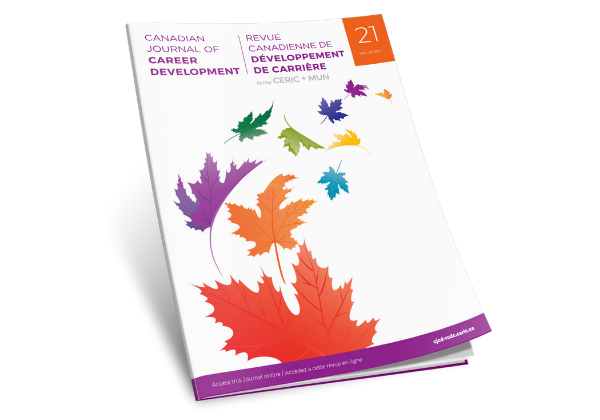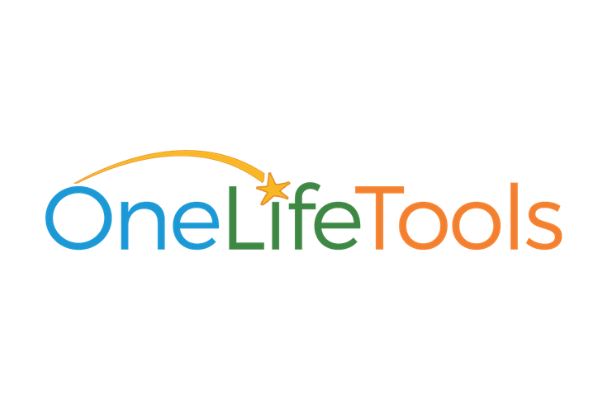
Winter 2021 issue of Careering focuses on social justice
January 20, 2021
CJCD Winter 2021: Remote work during COVID, risk management in co-op programs and more
January 22, 2021CERIC has awarded its project on Unlocking the Career Development Value within Experiential Learning to OneLife Tools, co-founded by Rich Feller and Mark Franklin. The project, which includes collaboration with career development leaders from both Canada and the U.S., will develop an easily accessible digital guide to optimize the interaction among experiential learning (EL), reflective practice and career development. Program developers, educators and career specialists will be able to use this resource – expected to be available this fall – across settings.
There has been a surge of interest in experiential learning – from co-ops and internships to campus incubators, volunteer opportunities and land-based learning – as a way to bridge the gap between the classroom and the world of work. The promise of the experiential learning model has been to immerse the learner in an experience and then encourage reflection about the experience to develop new skills, attitudes or ways of thinking. But it has not always been clear how programs are connecting experiences to career management skills.
CERIC’s interest in issuing the Request for Proposals (RFP) is to provide direction on what elements of reflective practice are key to career development success for the benefit of learners, schools, post-secondary institutions, employers and communities alike. The purpose of this national initiative is to:
- gain a better understanding of the intersections between career development and experiential learning;
- determine how and where gaps can be best filled;
- develop an easily accessible resource that supports building reflective practice into an experiential learning program and facilitating (greater) awareness of using such practices to enhance EL for the career management of program participants; and
- highlight the beneficial value of reflective practice inherent in career development, how this can enhance the intrinsic value of experiential learning – regardless of setting – and how this can be incorporated into current programs.
Development of the resource will entail identifying and describing the range of experiential learning programs offered in Canada, targeting secondary and post-secondary education as well as lifelong adult learning. Describing and categorizing the promising practices these programs take toward a documented range of career outcomes, and analyzing the reflective techniques used, will be a core component of the work. Impacts will also be assessed to determine what program elements best support career development.
Findings that emerge from the analysis will be used to create a new, practical digital resource. The resource will guide EL program developers to address distortions and improve the balance between reflective practice, experiential learning and career development. Language, different abilities and culturally appropriate communication methods will be taken into consideration in the creation of the tool. Ultimately, this project will assist learners to make meaning from their experiences and education as they explore their career options.

